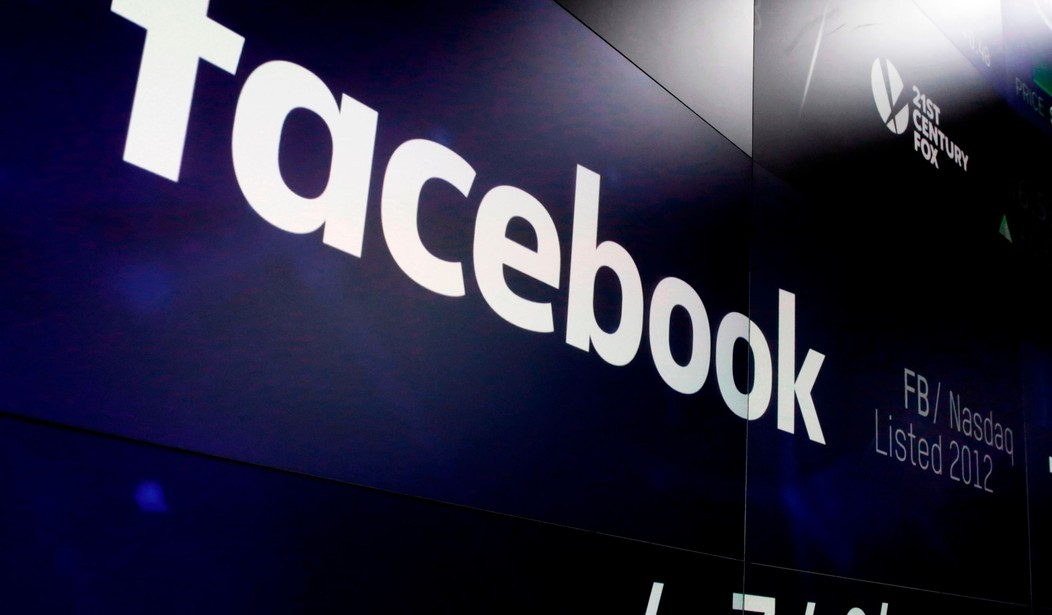Who do these people think they are fooling? Apparently, some of the folks at The Washington Post think their audience will buy the notion that they truly care about the spread of “misinformation” on social media platforms. But one only needs to look at the type of “misinformation” they criticize to know that their motivations are more about suppressing political opposition than ensuring people are being properly informed.
The activist media outlet published a report expressing concern over social media companies pulling back on policing certain viewpoints on their platforms. The authors were quite adamant in their contention that failing to censor enough information could somehow threaten democracy.
Predictably, the reporters took aim at Elon Musk, owner of X, the social media platform formerly known as Twitter. They blamed him for the decline in censorship:
And X CEO Elon Musk has reset industry standards, rolling back strict rules against misinformation on the site formerly known as Twitter. In a sign of Musk’s influence, Meta briefly considered a plan last year to ban all political advertising on Facebook. The company shelved it after Musk announced plans to transform rival Twitter into a haven for free speech, according to two people familiar with the plans who spoke on the condition of anonymity to describe sensitive matters.
Reading through the piece, a discerning eye cannot help but notice a hyper-focus on claims made about the integrity of the 2020 presidential election – specifically those arguing that they believe the race was stolen:
Trump capitalized on those relaxed standards in his recent interview with former Fox News host Tucker Carlson, hosted by X. The former president punctuated the conversation, which streamed Wednesday night during the first Republican primary debate of the 2024 campaign, with false claims that the 2020 election was “rigged” and that the Democrats had “cheated” to elect Biden.
The authors go on to explain how YouTube, along with other companies, “backed away from policing misleading claims” because it would not reduce “the risk of violence or other real-world harm.”
Katie Harbath, former director of public policy at Facebook, told The Post that there is “no winning” in this situation because folks on both sides of the political divide are not satisfied with how the company handles content moderation.
“For Democrats, we weren’t taking down enough, and for Republicans we were taking down too much,” she complained. “It’s just not worth it anymore.”
The article highlights, as another example of misinformation, a story in which a business owner “posted a screenshot on Facebook appearing to show Illinois Gov. J.B. Pritzker (D) falsely signing a bill that would allow undocumented immigrants to become police officers and sheriff’s deputies.”
Lastly, the article notes that employees of these Big Tech companies said there has been a “shift away” from proactively censoring content. “That’s a departure from the approach tech companies took after Russia manipulated social media to attempt to swing the 2016 election to Trump,” the authors wrote. “The incident transformed Mark Zuckerberg into a symbol of corporate recklessness.”
Do you notice anything these examples might have in common, dear reader?
Of course, you do. Each one of the examples the authors complain about is coming from the right. Whether the information is true or false, it is clear where their true concern lies.
Would these alleged journalists, or any others at The Washington Post, ever express concerns about those claiming Trump colluded with the Russian government? How about those peddling the “Fine People” hoax? How often have you seen those harping on about “misinformation” bring up the “Jim Crow 2.0” lie? People have been pushing these falsehoods on social media platforms long after they were debunked, and none of these activist media outlets seem too worried about it.
Misinformation is supposed to be defined as the spread of false or misleading information. It is not supposed to be party-specific. Yet, for the folks at The Post and other leftist propaganda mills, the term means “any viewpoint, argument, or idea that we disagree with.”
The reality is that there are plenty of examples of misinformation and disinformation coming from both sides. If these people were serious about the issue, they would express concerns about fake news no matter what the source is.
But they don’t – and we already know why.
This is not about making sure people are getting accurate information. It is about making it so that online users only see, and accept, the information the left wants them to know.
The pattern seems quite clear, doesn’t it? This article is part of a concentrated effort to silence conservative and libertarian voices on digital platforms -- nothing more, nothing less. The bias is evident in the arguments they make. Indeed, it doesn’t even seem like they are trying too hard to hide their true motivations.













